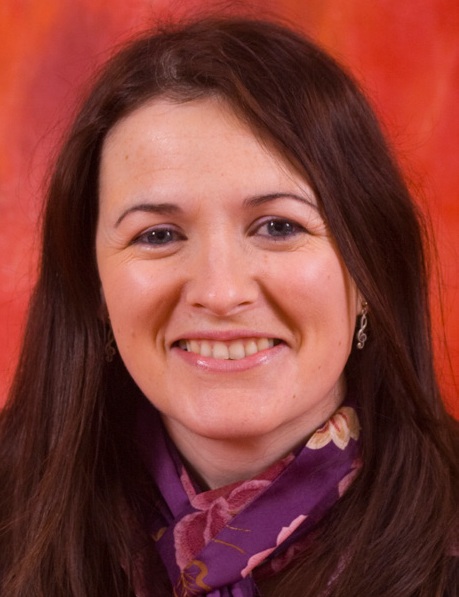- 03 Sep 2013
‘PLUS ÇA CHANGE’: AN ANALYSIS OF MUSLIM-CHRISTIAN RELATIONS AFTER THE 25TH JANUARY EGYPTIAN REVOLUTION
Abstract:
This paper analysed the impact of the Egyptian revolution on Muslim-Christian relations given the sizeable Egyptian Christian population and Islamist success in the first democratic elections. To identify what changes may have occurred, it is necessary to characterise Muslim-Christian relations under the Mubarak regime. These will be divided into two categories – official ties and areas of tension. On the official level, national unity was emphasised to reinforce the notion that Christians were equal citizens. There were also underlying tensions relating to the public role of Islam which impacted upon equality such as conversion and the construction of places of worship. Sporadic but recurring communal violence occurred in Egypt. The impact of the uprisings on these three categories will be analysed, especially during the period of the Morsi presidency. This paper argued that under an Islamist presidency, there has been little significant difference towards non-Muslims regarding legislation and policies. While this may suggest that concerns about the implications of the political influence of Islamist actors have been overstated, Christian perceptions of insecurity regarding their situation have accentuated due to a rise in communal clashes since the revolution. The Coptic Question would still appear to be used as a political game rather than represent serious efforts to resolve the underlying issues.
About the Speakers

Fiona McCallum is a Lecturer in the School of International Relations at the University of St Andrews in Scotland having previously held the position of RCUK Academic Fellow in Religion and Politics in the School from 2007 to 2012. She holds degrees from the University of Edinburgh (MA(Hons) in Politics and Modern History) and the University of St Andrews (M.Litt in International Security Studies and Ph.D in International Studies). Her research focuses primarily on the political role of Christian communities in the contemporary Middle East. This covers government integration policies towards Christian communities, identity issues, Christian political participation in the region, Muslim-Christian relations and religious leadership. In September 2013, Dr McCallum will be leading a new EU funded collaborative project on the migrant experiences of Middle Eastern Christian communities in Europe. She is the author of Christian Religious Leadership in the Middle East: The Political Role of the Patriarch (2010) and has published in journals including Third World Quarterly, Middle Eastern Studies and Islam and Christian-Muslim Relations. Dr McCallum is the joint founder of the Christians in the Middle East (CME) Research Network, an initiative of the University of St Andrews and Stirling University.




